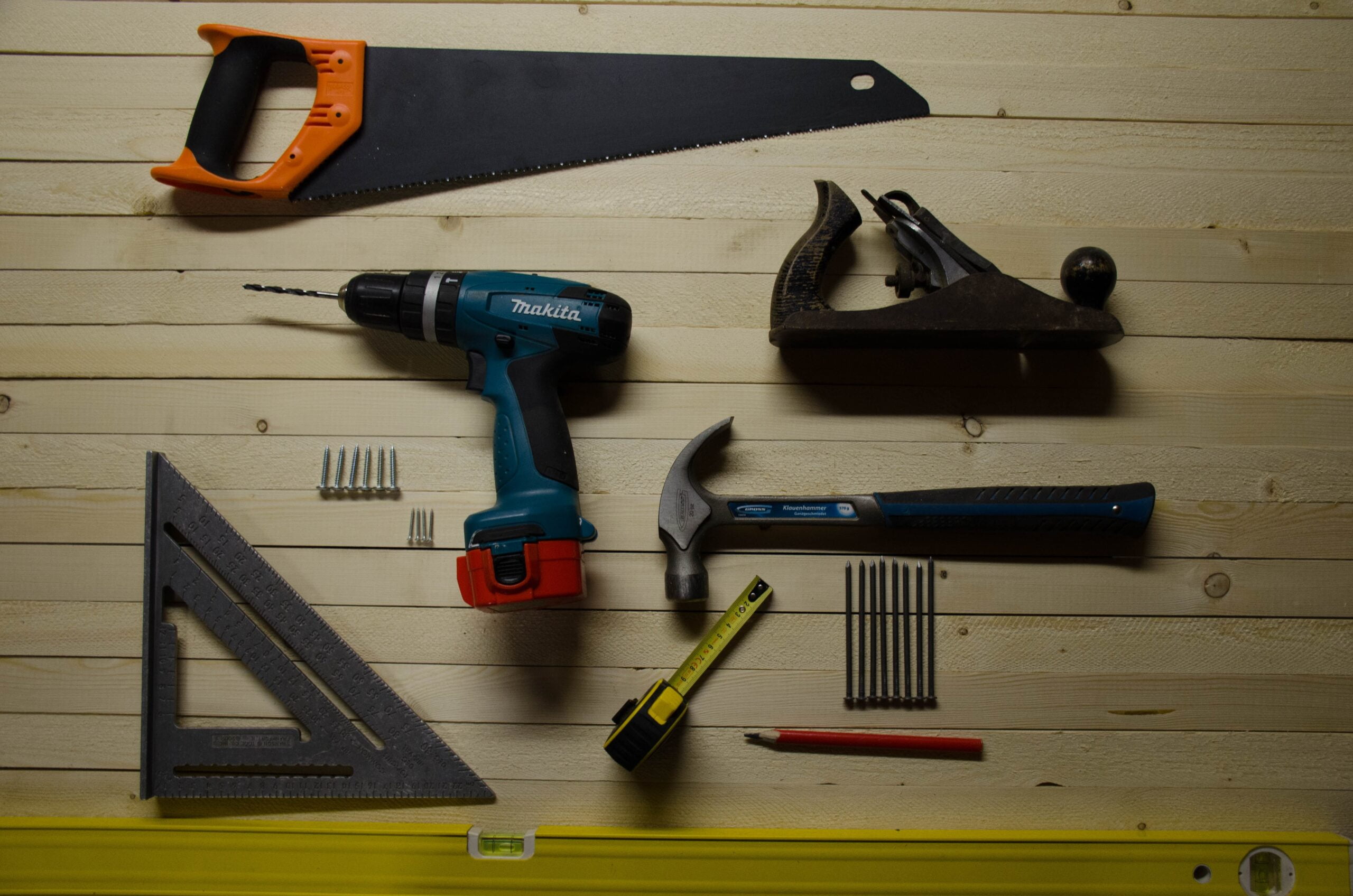These home renovation tips will help you avoid
any unnecessary problems, costs, and headaches that can sometimes come along
with a remodel.
The thrill of a home renovation can
quickly be diminished by unforeseen circumstances, stretched budgets, and other
unexpected issues. The good news is that most of the time these problems can be
mitigated, if not avoided entirely, by keeping an eye out for warning signals.
Read on as we go through essential home renovation tips to consider before
kicking off your own revamp.
1. Make a
Realistic Budget
While it goes
without saying that any project needs a budget to keep costs in check, it’s not
always an easy task to find the balance between your dream designs and the
amount in you’ve allotted for a project. This is why it is essential to get
a true understanding of pricing, both with materials and
labor, so you can gauge expectations accordingly.
Unfortunately,
home improvement and renovation television shows can sometimes be misleading in
terms of costs, which can vary greatly based on location and timing. Therefore,
be sure to have a contractor look over your budget and confirm that it’s
realistic.
2. Decide on
a Sensible Scope of Work
Once you’ve
determined a realistic budget, you’ll need to clarify exactly what work can
happen and when. You may also need to ask yourself some tough questions about
what you really need versus what you simply want. This will help you
identify the true intention of the project and lay out important ground rules.
It can even help with scheduling and determining what work happens when.
3. Determine
Splurge-Worthy Items Upfront
Learning
which items to spend your money on goes hand-in-hand with making a realistic
budget and determining a sensible scope of work. The earlier you can make this
determination, the more likely you will stay on track with costs. Think about
which items you will use most frequently, as these are products that might be
worth the higher price-tag. If you’re on a tight budget, you might want to save
on cosmetic finishings, as these items can be easily changed with time.
4. Create a
Clear Vision in Mind
From the
tiles that will go on the walls to the appliances that will be installed,
anyone who has completed a home renovation before knows that it is better to
have just about everything picked out before you begin the
work. This is because you will need to make numerous decisions once the
renovation starts, and the more you’ve made beforehand, the better off—and
better educated—you will be. Online tools like Pinterest, showroom visits,
and/or material samples can help, and don’t be afraid to start purchasing items
to get the ball rolling.
5. Get an
Understanding of What’s Already Around
Existing
conditions in a house can radically change the budget and scope of a
renovation, as sometimes something as seemingly simple as adding an additional
outlet to a room can result in the rewiring of an entire home. If you know, for
example, that you occasionally blow a fuse when you turn on your hairdryer and
have the dryer going on at the same time, that should be a hint that you may
need to upgrade your electrical system.
6. Know
Who You’re Hiring
Whether you
decide to hire a general contractor or individual subcontractors for the job,
it’s important to find the right team to complete your home renovation. While
word-of-mouth recommendations from friends might be enough for some, you may
also consider doing a full-blown check on your contractor—looking into their license,
certificate of insurance, lien history, bond number, and certification—to
ensure you’re dealing with a professional who is in good financial standing.
Equally important is finding a contractor you get along with and who
understands your vision, so it can be helpful to have an interview or
preliminary discussion before the formal engagement of services.
7. Don’t Make
Assumptions Based Off Television
While we are
fans of home improvement shows just as much as the next, oftentimes, many
series can make certain projects, such as throwing up a stud wall or installing
a new bathroom vanity, seem extremely simple—and they might be for a
professional or advanced DIY-er.
However, if
you’re considering a home renovation, think practically about what you can and
cannot do; painting the walls of a small bathroom may be totally feasible by
yourself, but painting all of the walls of a 4,000-square-foot house is likely
less so. While you may think you would be saving a lot of money by doing the
work yourself, if it is something unfamiliar, it might cost even more
to have a professional undo and then properly complete the project.
8. Prepare to
Live in Discomfort During the Remodel
Living
through a home renovation can by a trying experience—one that’s often filled
with dust, exhaustion, and plenty of take-out. Even the most meticulous of
contractors can’t keep dust and dirt from flying everywhere, so know that your
house will not be as clean as you would typically keep it, and try not to let
that bother you. If you think it will be too much for you to handle, it’s not
out of the ordinary to rent a place to stay, go on vacation, or live with
friends or family for a few critical weeks until the home is a bit more
“liveable.”
9. Remember
to Stay Positive
There has yet
to be a home renovation that has been silky smooth, without a single snag or
snafu, so be prepared for days when things just aren’t going right. It’s
natural to want everything to go perfectly according to plan, but with so many
products and people involved, it’s unlikely that everything will turn out
exactly how you imagined, which can be frustrating and sometimes even
costly.
Yet at the
same time, keep things in perspective: just because something hasn’t been
delivered on time or because you’re a bit behind schedule isn’t the end of the
world, and it’s best to try and have the mentality of “how can we fix
this?” rather than “whose fault is this?” Most
importantly, keep your eye on the prize, and remember the revamp isn’t going to
go on for forever, although it may sometimes seem that way in the
process.

